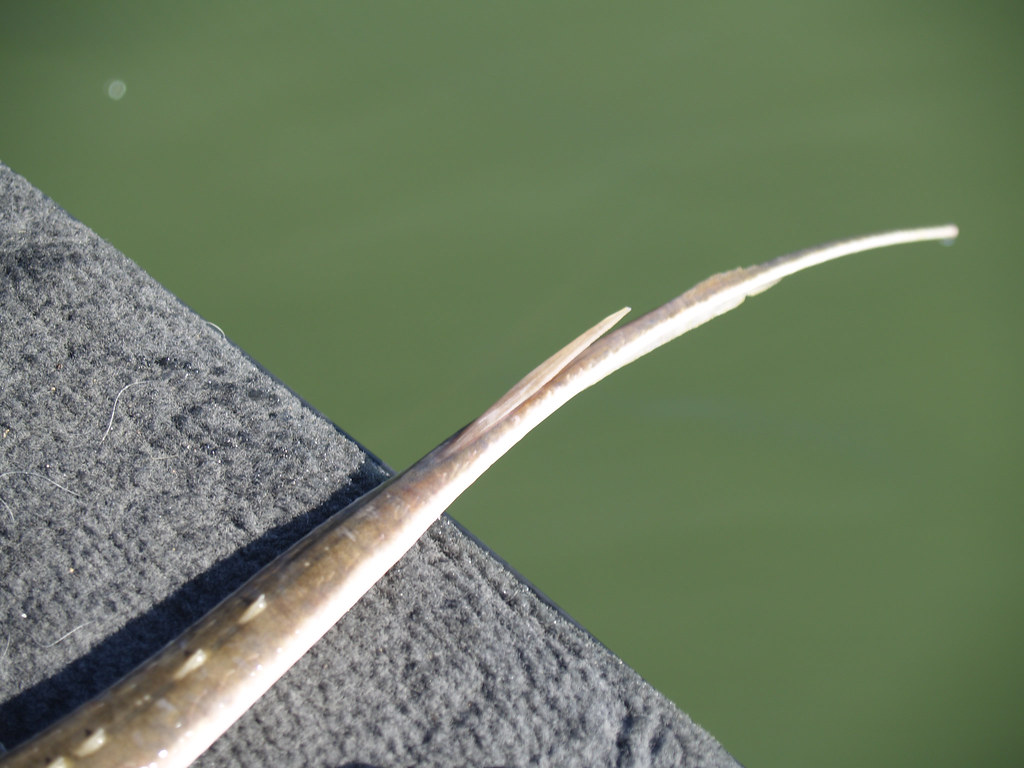The stingray barb is an intriguing yet potentially dangerous feature of stingrays that merits attention and understanding. These marine creatures, known for their flat bodies and long, whip-like tails, are found in various aquatic environments around the world. However, the barb, which is used primarily for defense, poses significant risks to humans and other animals alike. In this article, we will explore the anatomy of the stingray barb, its biological functions, the dangers it presents, and the ongoing conservation efforts to protect these fascinating creatures.
In addition to their unique anatomy, stingrays have a vital role in marine ecosystems. Their behaviors and interactions with other species contribute to the health of ocean habitats. As we delve deeper into the subject, we will highlight the importance of understanding stingray biology and the implications of their barbs in both marine and human contexts. Through this comprehensive guide, we aim to educate readers about the stingray barb's significance, risks, and conservation status.
Whether you are a marine biology enthusiast, a recreational diver, or someone who has encountered stingrays in their natural habitat, this article will equip you with valuable insights. Let's embark on this journey to discover the world of stingrays and the remarkable adaptations that make them both captivating and cautionary.
Table of Contents
- What is a Stingray Barb?
- Anatomy of the Stingray Barb
- Dangers of Stingray Barbs
- Stingray Encounters: What to Do
- Stingray Conservation Efforts
- Interesting Facts About Stingrays
- How to Avoid Stingray Injuries
- Conclusion
What is a Stingray Barb?
The stingray barb is a sharp, serrated spine located on the tail of stingrays, which can reach up to several inches in length. This barb is coated with a venom that can cause severe pain and injury to potential threats. Stingrays typically use their barbs defensively to deter predators, and they do not actively seek to harm humans. Understanding the biology and function of the stingray barb is essential for appreciating its role in the animal's life.
Biological Function of the Barb
The stingray barb serves several biological functions:
- Defense against predators.
- Protection during foraging on the ocean floor.
- Intimidation of rivals.
Anatomy of the Stingray Barb
The anatomy of the stingray barb is fascinating and complex. Each barb is made of a bony structure, surrounded by a layer of skin. When a stingray feels threatened, it can quickly strike with its tail, delivering a painful sting. The barbs are typically replaced throughout the stingray's life, ensuring that they always have a sharp and functional defense mechanism.
Composition of Stingray Venom
The venom contained in the barb is composed of various proteins and enzymes that can cause inflammation and intense pain. Depending on the species, the potency of the venom may vary, but medical attention is usually recommended for any stingray injury.
Dangers of Stingray Barbs
While stingrays are generally docile creatures, encounters with humans can lead to dangerous situations. The most common risk associated with stingray barbs is accidental injury, often occurring when people step on a stingray while wading in shallow waters.
Statistics on Stingray Injuries
According to the National Oceanic and Atmospheric Administration (NOAA), thousands of stingray injuries occur annually, particularly in popular beach areas. Most injuries are not life-threatening but can lead to severe pain and complications if left untreated.
Stingray Encounters: What to Do
Knowing how to react during a stingray encounter can significantly reduce the risk of injury. Here are some guidelines:
- Avoid wading in shallow waters where stingrays are known to inhabit.
- Shuffle your feet while walking to alert stingrays of your presence.
- If stung, seek medical attention immediately and keep the affected area immersed in hot water to alleviate pain.
Stingray Conservation Efforts
As with many marine species, stingrays face threats from habitat loss, pollution, and overfishing. Conservation efforts are crucial to ensure their survival and the health of marine ecosystems.
Organizations Working for Stingray Conservation
Several organizations are dedicated to protecting stingrays and their habitats:
- Marine Conservation Society
- Ocean Conservancy
- Wildlife Conservation Society
Interesting Facts About Stingrays
Stingrays are not only fascinating due to their barbs but also because of their unique behavior and biology:
- Stingrays can grow up to 6 feet in diameter.
- They are closely related to sharks and share a similar evolutionary lineage.
- Some species can even live for over 25 years in the wild.
How to Avoid Stingray Injuries
Preventing stingray injuries involves awareness and caution. Here are some tips:
- Wear protective footwear while wading in water.
- Stay aware of your surroundings and avoid areas known for high stingray populations.
- Educate others about stingray safety.
Conclusion
In summary, understanding the stingray barb and its implications is crucial for both marine enthusiasts and conservationists. These unique creatures play an essential role in their ecosystems, and it is our responsibility to ensure their protection. By educating ourselves about the dangers and promoting conservation efforts, we can contribute to the sustainability of stingray populations. We encourage readers to share their thoughts in the comments and explore more articles on marine life to deepen their understanding.
Thank you for reading! We hope this article has provided valuable insights into the world of stingrays and their barbs. Stay curious and come back for more informative content!

/stingray-barb-Dave-Fleetham--Design-Pics-Perspectives-Getty-56a5f7a83df78cf7728abf19.jpg)
